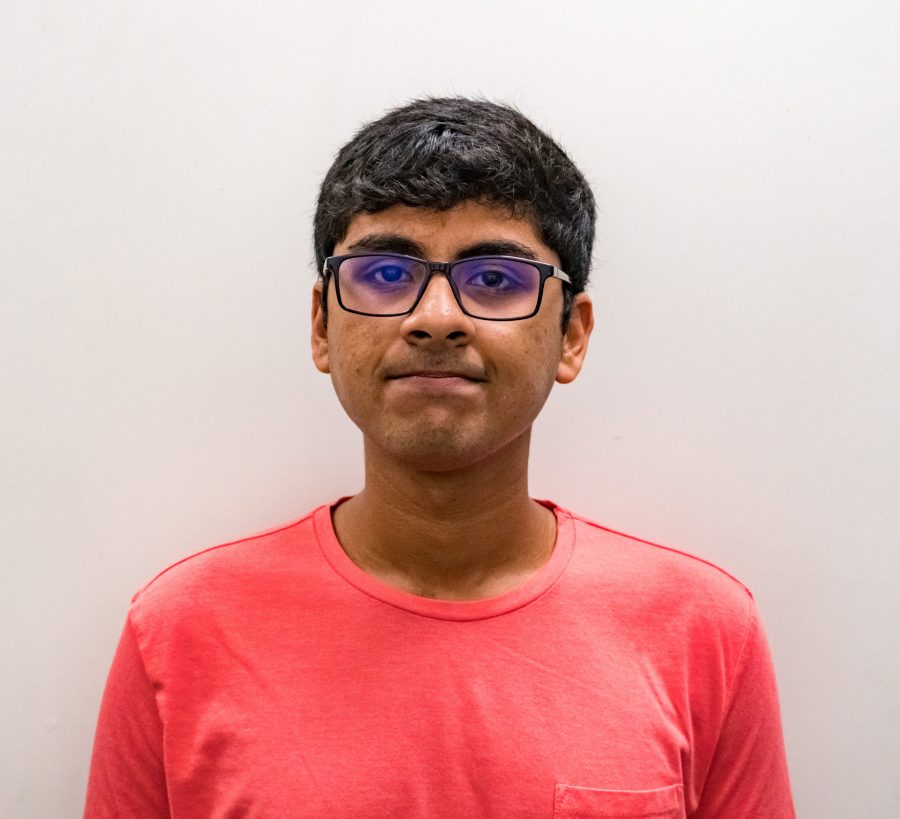Editor’s note: This article contains references to sexual violence.
On Oct. 8, journalist Priya Ramani accused her former colleague, India’s Junior Minister of Foreign Affairs Mobashar Jawed “M.J.” Akbar, of past accounts of sexual harassment. After 20 other females — several of them also journalists — also came forward with accusations against him in the following weeks, the former minister resigned from his post and filed a criminal defamation case against Ramani.
India has a culture of glorifying its politicians, even deifying them and constructing temples dedicated to them. So for a woman like Priya Ramani to publicly accuse a minister of a heinous crime like sexual harassment is truly courageous, especially with the knowledge that she would inevitably have to face backlash from a patriarchal society.
India has had other high profile cases such as one of a teenage girl being gang raped by several men in 2012, which have led activist movements to formally condemn sexual harassment and gender inequality. But while Brett Kavanaugh was being appointed to the Supreme Court, India’s #MeToo movement found a second life.
Ramani first accused ex-minister MJ Akbar in 2017, in an article for Vogue titled “To the Harvey Weinsteins of the world.” Citing the global trend of #MeToo as giving women the courage to publicly reveal their assaulters, Ramani is now a part of the larger narrative fueled by both the victories of the movement, like Harvey Weinstein’s fall from power, and the defeats, seen most recently in Brett Kavanaugh’s appointment to the Supreme Court.
Though India may be largely unfamiliar with how the movement is progressing in the United States, people like Ramani make the influence of the #MeToo movement an international force. However, given the trajectory of the movement in the U.S., India must be wary of what can follow success. In the media frenzy that surrounded the Kavanaugh hearings, I encountered people who criticized the credibility of sexual assault victims at large. I saw this rhetoric evolve into #BelieveHer, which peaked when the media company NowThis published its now viral video featuring one of its outspoken straight, white male editors advocating the cause. Although I appreciate how the hashtag advocates against the dismissal of women’s testimonies, it’s disheartening to see the #MeToo movement shift its focal motivation from the filth of sexual harassment to the strength of a female’s accusations.
Much like in the U.S., India’s #MeToo movement has faced consistent opposition in the shape of a patriarchal rhetoric that claims most sexual harassment accusations are women’s attempt to defame men. The criminal defamation case against Ramani is testament to this outlook. Marginalizing #MeToo into #BelieveHer would only popularize this fringe outlook, consequently damaging the merit of the #MeToo movement, which India cannot afford.
The hearings of Ramani’s defamation case continue on Wednesday, Oct. 31. If Ramani is found guilty and loses the defamation case, the court is effectively undermining her testimony along with that of the 20 other women who have also accused Akbar of sexual assault, crippling the momentum of the #MeToo movement in India.
Opinions expressed on the editorial pages are not necessarily those of WSN, and our publication of opinions is not an endorsement of them.
Email Krishang Nadgauda at [email protected].






















































































































































